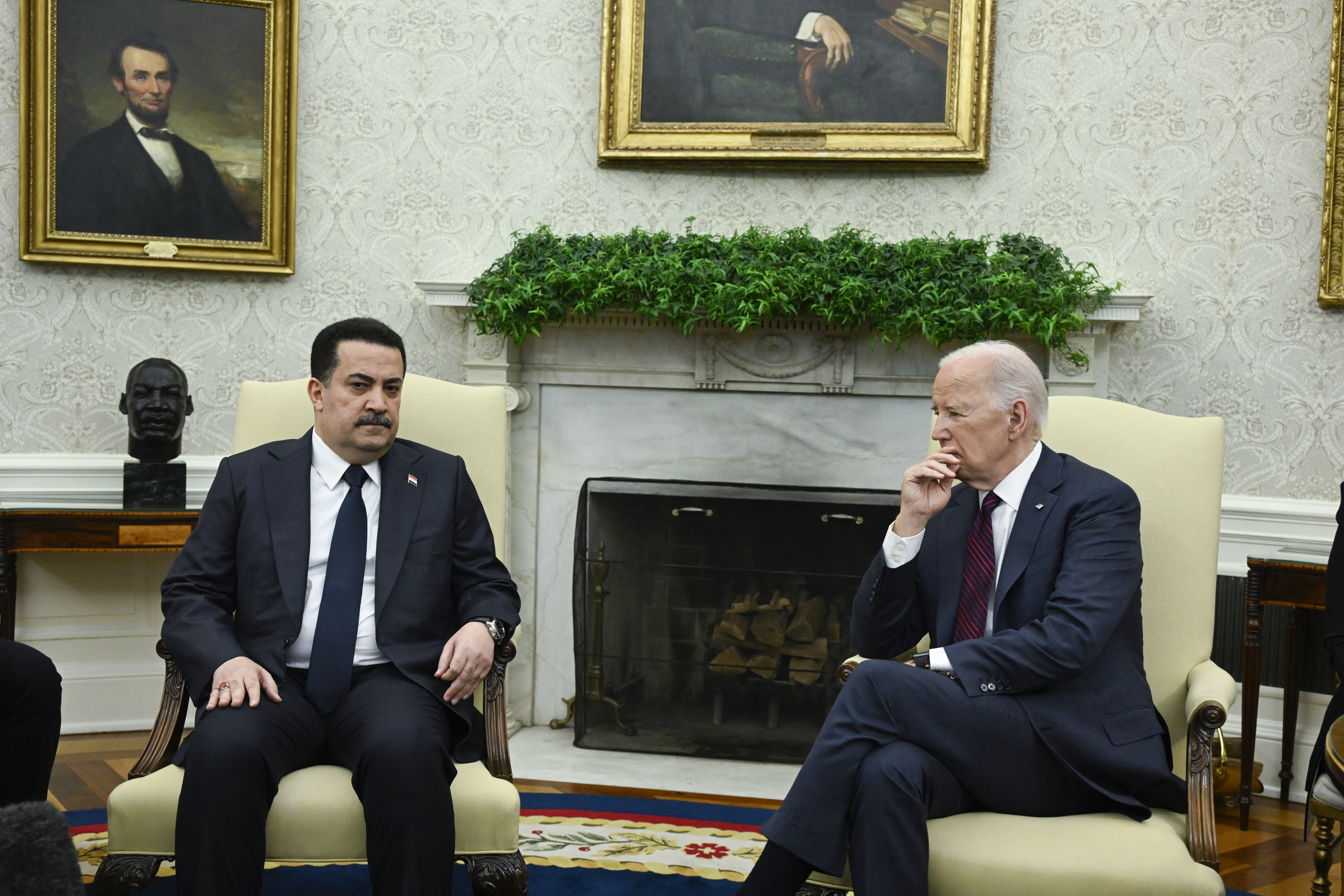America forsakes Syria’s Kurds in a ceasefire deal with Turkey

MERELY A WEEK into its offensive against American-backed Kurdish fighters in Syria, victory for Turkey came not on the battlefield, but at the negotiating table, courtesy of diplomats from Washington. On October 17th an American delegation led by Mike Pence, the vice-president, walked out of President Recep Tayyip Erdogan’s palace in Ankara with a ceasefire agreement that read like a list of concessions to Turkey. Turkey’s foreign minister, Mevlut Cavusoglu, appeared in front of the cameras shortly thereafter. “The American side accepted the legitimacy of our operation and targets,” he said. “We got what we wanted.”
Under the deal, the Kurdish fighters, known as the People’s Protection Units (YPG), are expected to withdraw to at least 30km from the border while Turkish troops and their Syrian proxies hold their fire for 120 hours. In return, America would shelve the sanctions it had imposed against Mr Erdogan’s government on October 14th. A permanent truce would then take hold. The Kurds would also surrender the heavy weapons they received from the Americans to wage war against Islamic State (IS), and dismantle their fortifications. The withdrawal would open the way for Turkish troops to carve out a buffer zone in northern Syria stretching from the border with Iraq to the Euphrates River.
YPG commanders said they would accept the ceasefire, but only in some areas. The fighting has not stopped yet. On October 18th shelling continued to be heard around the town of Ras al-Ain, within sight of the Turkish border.
The process has been a model of President Donald Trump’s chaotic foreign policy. In the space of two weeks, Mr Trump gave Turkey’s offensive the green light by pulling American forces away from the border, sent Mr Erdogan a zany letter (“Don’t be a tough guy. Don’t be a fool! I will call you later”), threatened to destroy Turkey’s economy and imposed largely meaningless sanctions. He capped it off by arguing that the Kurdish fighters his own government had been backing for years to destroy the IS “caliphate” were “more of a terrorist threat” than IS. It fell to Mr Pence to convince Mr Erdogan to stop the invasion; in the end, by encouraging the Kurds to pull back, he all but gave an American stamp of approval to Turkey’s aims.
The agreement still leaves serious questions unanswered, including how America might monitor its implementation or persuade the YPG to abide by its terms, as well as the size of the proposed Turkish safe zone. Still, Mr Trump seemed pleased with the result. “This is a great day for civilization,” he tweeted when news of the agreement started to break. “Millions of lives will be saved.” His own failure to prevent an offensive that has already claimed hundreds of lives—victims of both Turkish airstrikes and YPG attacks with rockets and mortars—went unmentioned.
The official aim of Turkey’s invasion was to remove the YPG, which Mr Erdogan’s government considers a terrorist group, from the border areas. The unstated one was to thwart the prospect of Kurdish autonomy inside Syria, which would embolden Turkey’s own Kurdish nationalists (the Kurdistan Workers’ Party, from which the YPG stems, has fought an insurgency in Turkey for 35 years). Turkey seems to have succeeded on both counts. This has come at a cost, however. Turkey’s international reputation is damaged. Beyond America’s equivocal stand, only Pakistan, Qatar and Azerbaijan have endorsed the invasion. Several European countries have banned arms sales to Turkey. Mr Erdogan’s relationship with practically everyone in Washington, aside from the occupant of the White House, has been strained. A group of congressmen, led by senator Lindsey Graham, have vowed to press ahead with crippling sanctions against Turkey despite the ceasefire.
Mr Erdogan may have outflanked Mr Trump, but the agreement does not give him a free hand in northern Syria. The Kurds have begun to make deals with the Syrian government of President Bashar al-Assad, and with Russia, exchanging their dream of autonomy for their protection against Turkish forces. They have allowed Syrian government troops to enter Manbij and Kobani, cities Turkey had sought to capture.
The course of Turkey’s operation now seems to hinge on Mr Erdogan’s upcoming meeting with Russia’s president, Vladimir Putin. The two strongmen will meet in Sochi on October 22nd, which just happens to be the day when the 120-hour ceasefire expires.
Russia might allow Turkey to set up its zone in some areas, says Omer Taspinar, a senior fellow at the Brookings Institution, a Washington-based think-tank, but not without preconditions. At the least, Turkey will be asked to normalise relations with Mr Assad, the man it spent years attempting to topple.
Turkey’s agreement with the US might yet come undone. But for now Mr Erdogan can claim victory—over both the Kurds and the Americans. “The first signs are that this deal is a success,” says Oytun Orhan, of the Center for Middle Eastern Studies, an Ankara think tank. “For Turkey, this is almost too good to be true.”

